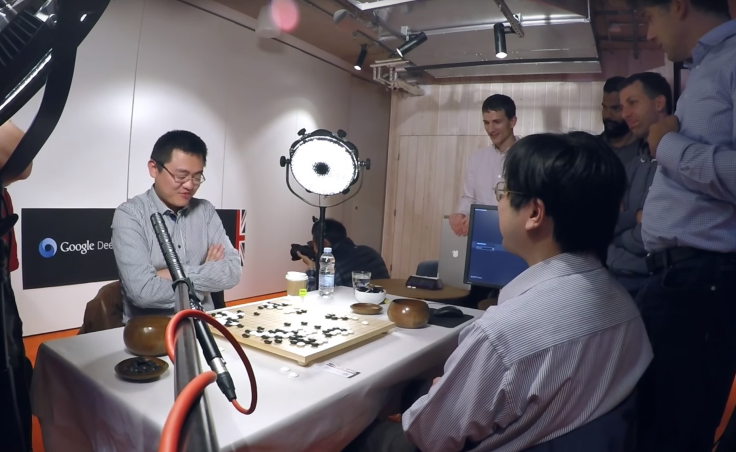Google's Deepmind AI Cracks Protein Folding Simulation Decades Early
KEY POINTS
- The performance of Google's DeepMind AI at a protein folding expo beat out projections by decades, suggesting the possibility of a revolution in biomedicine
- Protein folding is a process that can take years, the expense and time of which makes it prohibitive for smaller projects
- While fast and affordable simulations would be a massive boon to biomedical science, the end goal of DeepMind lies further ahead: true artificial intelligence
Google’s DeepMind artificial intelligence project has made a startling leap in protein folding, a process in biology whose time- and resource-intensive physical solutions currently act as an obstacle to many scientific efforts.
DeepMind was previously known for its stunning performance with subtle, complex games like Go or DOTA 2 in which it demonstrated novel applications of game mechanics along with the machine precision typical of artificial intelligence.
It’s competed in the CASP protein folding contest before but the degree to which its simulations beat out the competition this year took many scientists by surprise.

The results released Monday at the start of this year’s conference show that DeepMind’s AlphaFold program can produce results just barely below those of the intensive, physical “gold standard” lab processes used today like X-ray crystallography with 66% reliability, Nature noted.
“This is a big deal,” said John Moult, a computational biologist and CASP co-founder. “In some sense the problem is solved.”
At its core, protein folding predicts how strings of molecules produced by an organism will contort themselves into the 3-D structures that are proteins using natural laws. Determining protein structure is necessary for many biological projects, including the development of new drugs like vaccines.
While large projects can afford to sink time and money into protein folding, it can act as a barrier to smaller endeavors. Previous solutions including recruiting ordinary people to crowdsource computing power, but a program as fast and accurate as AlphaFold could greatly expand the range of viable biological research projects.
Simulations have been used before but the accuracy and speed of AlphaFold’s 2020 program are decades ahead of predictions. DeepMind can produce results in mere days that used to require years. Andrei Lupas, a CASP judge and evolutionary biologist at the Max Planck Institute for Developmental biology, said AlphaFold had already solved the structure of a protein that eluded his lab for decades.
“It’s a game-changer,” he said. “This will change medicine. It will change research. It will change bioengineering. It will change everything.”
There’s still work to do for the DeepMind team.
While its data has been published online, it is yet to be fully peer-reviewed. Some are currently writing the results into a proper article to be published at a later date. While the program often produces high-quality results, its consistency hovers at just two-thirds. Moreover, protein folding isn’t the end goal of DeepMind, as the project’s efforts with complex games and protein folding are all in the pursuit of true artificial intelligence.
© Copyright IBTimes 2025. All rights reserved.





















